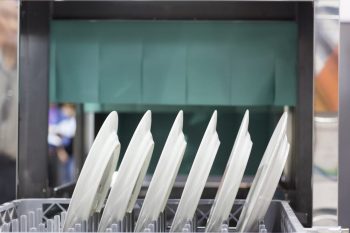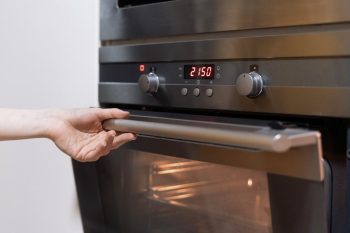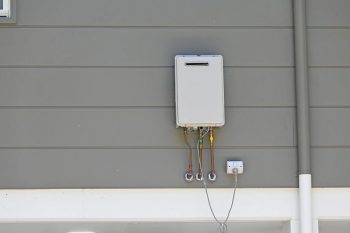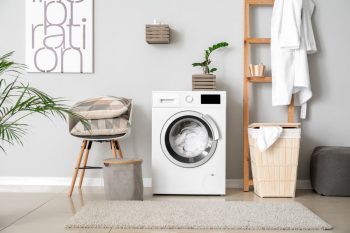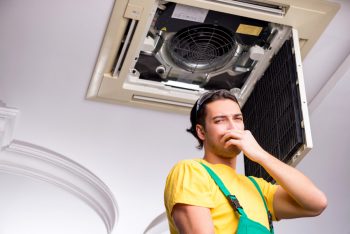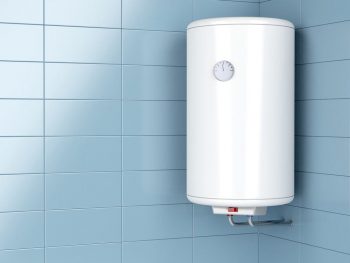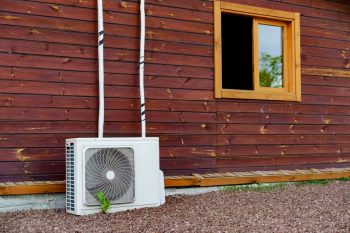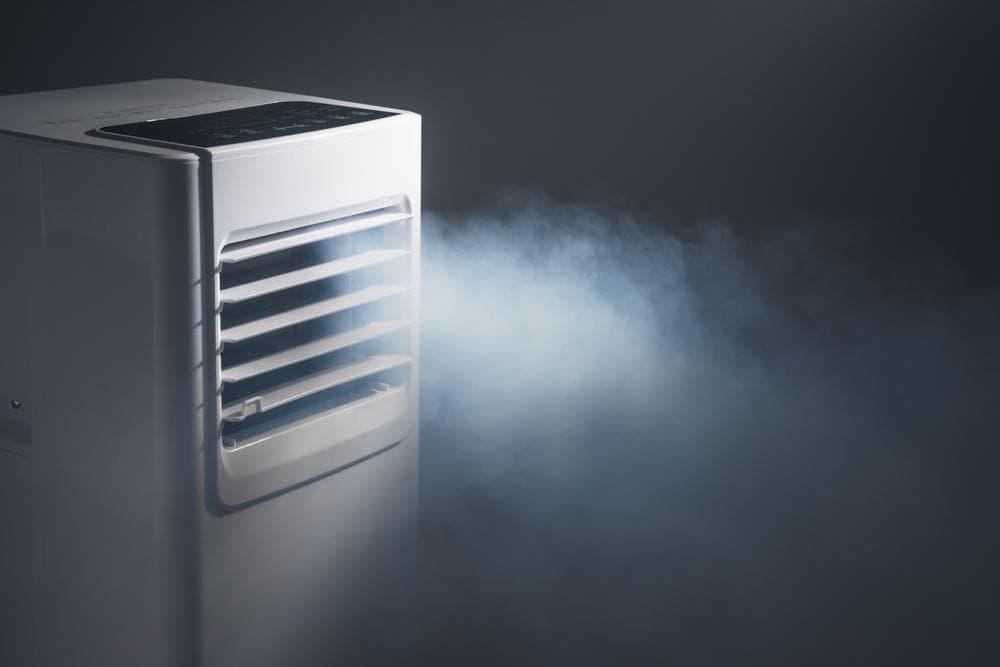
Adding Freon to an LG portable air conditioner is not a simple task. It requires technical knowledge, specific tools, and in some cases, legal certification. This comprehensive guide will walk you through the process, provide useful tips, and help you understand the complexities involved.
Adding Freon to an LG portable air conditioner involves diagnosing the issue, taking safety precautions, acquiring necessary tools, checking for leaks, installing service valves, and recharging the system. However, due to the complexity and potential risks involved, these tasks should be performed by a licensed technician. Regular maintenance can help prevent Freon leaks and other issues.
Diagnose the Issue
Before adding Freon to your air conditioner, ensure that the problem is indeed due to low refrigerant levels. Inadequate cooling, increased energy bills, and frozen refrigerant lines are common signs of low Freon levels. However, these issues can also be caused by other factors, such as a clogged air filter or insufficient airflow.
Safety Precautions
Safety is paramount when handling Freon. Always wear protective gear, work in a well-ventilated area, and disconnect the air conditioner from the power source before beginning any maintenance tasks.
Necessary Tools
Adding Freon requires specific tools, including refrigerant gauges, refrigerant (usually R-410A for LG units), a vacuum pump, and a refrigerant scale. These tools can be purchased from various online and physical stores.
Check for leaks
If your air conditioner is low on Freon, it might be due to a leak in the system. Leaks should be repaired before adding more Freon.
Install Service Valves
A licensed technician will need to install service valves to your air conditioner before recharging it. This step is necessary for adding or removing refrigerant from the system.
Recharge the System
After the service valves are installed, the system can be recharged with the appropriate refrigerant. This process should be done by a licensed technician. In the United States, handling refrigerant requires an EPA Section 608 license.
Regular Maintenance
Regular maintenance of your air conditioner can prevent Freon leaks and other issues. Clean the air filter at least twice a month and schedule annual maintenance with a professional technician.
Potential Issues
Several issues can arise during the process of adding Freon, including overcharging the system, refrigerant leaks, inefficient operation, and environmental concerns. Always consult with a professional if you encounter any problems.
This guide is intended to provide a comprehensive overview of the process of adding Freon to an LG portable air conditioner. However, due to the complexity and potential risks involved, it is strongly recommended to seek professional help for this task.
Remember, it’s not just about keeping cool; it’s also about safety and efficiency. Stay cool, and stay safe!
Frequently Asked Questions
What type of protective gear should I wear when handling Freon?
It’s recommended to wear safety glasses, gloves, and long sleeves to protect your skin from exposure.
Where can I purchase the necessary tools for adding Freon to my air conditioner?
You can purchase the required tools such as refrigerant gauges, a vacuum pump, and a refrigerant scale from a variety of online stores like Amazon or at your local HVAC supply store.
How do I know if my air conditioner has a leak?
Signs of a refrigerant leak can include the air conditioner not cooling as well as it used to, hissing or bubbling noises, and ice formation on the refrigerant lines.
What happens if I overcharge the system with Freon?
Overcharging your air conditioner with Freon can lead to reduced cooling capacity, damage to the compressor, and increased energy consumption.
Can I add Freon to my LG portable air conditioner myself?
While it’s technically possible to add Freon yourself, it’s not recommended due to the complexity and potential risks involved. In the United States, handling refrigerant requires an EPA Section 608 license. Therefore, it’s best to hire a licensed professional.
How often should I schedule professional maintenance for my air conditioner?
It’s recommended to schedule professional maintenance for your air conditioner at least once a year. Regular maintenance can help prevent issues like Freon leaks and ensure your unit is operating efficiently.

